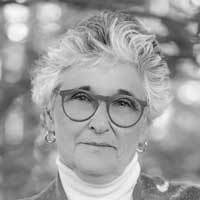Question
How do we set up relationships, environments, and situations to aid in self-regulation skills?
Answer
When endeavoring to enhance self-regulation skills in children, cultivating appropriate relationships, environments, and situations is fundamental within the realm of physical therapy. A comprehensive strategy involves integrating various elements into both curriculum and activities, such as designated center and circle times, aiming to instill the importance of adhering to routines. This predictability serves as a cornerstone, enabling the extrapolation of self-regulation skills into broader contexts beyond the educational setting.
Furthermore, adopting a multi-dimensional perspective in approaching children is crucial. Observable behavioral facets warrant attention, allowing for guidance in acclimatizing children to the school environment, fostering adaptability, and encouraging participation in diverse activities available. Addressing emotional development represents another pivotal facet. Acknowledging the spectrum of emotions that children may display is vital, particularly in instances where separation anxiety or parental detachment concerns arise. Cultivating emotional resilience contributes significantly to a child's overall emotional well-being.
In addition, play skills play a central role in this process, with open-ended play serving as a valuable avenue for children to effectively process their emotions. Insufficient playtime within the environment can impede emotional expression and hinder development. Understanding the egocentric nature typical of this age group, alongside their cognitive abilities, genetic predispositions, and individual motivations for school attendance, is paramount in tailoring interventions effectively.
In summation, embracing a holistic approach to bolstering emotional and behavioral development in children is imperative for educators and therapists alike. Creating nurturing environments, establishing structured routines, and advocating for open-ended play substantially contribute to the social-emotional growth and overall well-being of children. This holistic approach holds promise in facilitating the acquisition and refinement of self-regulation skills, positioning children for a more prosperous future.
This Ask the Expert is an edited excerpt from the course, Exploring Self Regulation With 3 To 5 Year Olds by Tere Bowen-Irish, OTR/L.
